In order to avoid costly repairs or even worse, getting stranded, it is important to understand how our vehicles work and what signs we need to pay attention to.
1. Dashboard Lights
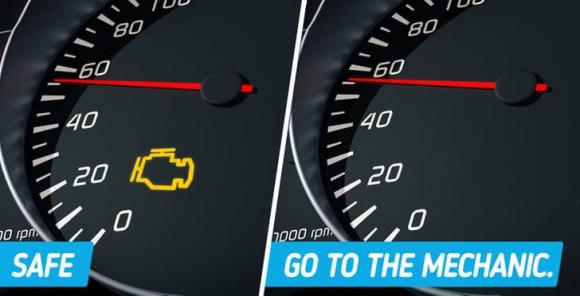
You may have noticed various different lights illuminated on the dashboard; each light has its own meaning. The most important one among them is the check engine light. It is best to keep a close eye on it because when it illuminates, it usually means that there is an issue with your vehicle and you should take it to a mechanic. If it starts flashing, that indicates a serious problem.
2. Vibrations
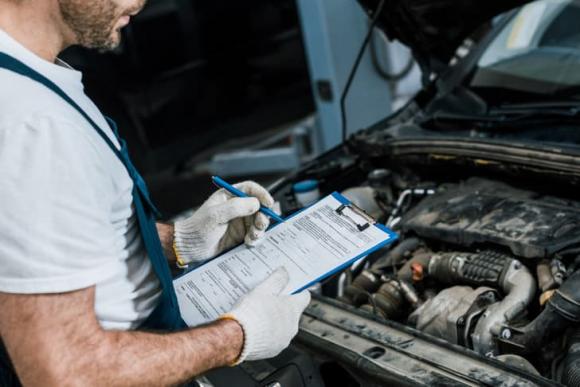
You should never feel vibrations inside the vehicle while driving. Typically, that is a bad sign. You should take your car to a professional and have them inspect it as soon as this starts happening. The following issues often cause vibrations: worn-out brakes, uneven tire wear, low oil or a faulty engine mount, and other things.
3. Smoke
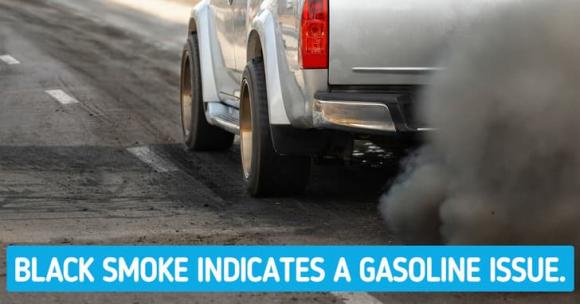
The exhaust pipe is the only place where smoke should be coming out of your vehicle. If smoke is coming out of your car, you need to address this issue as soon as possible. This is an important sign that your vehicle needs maintenance. There are various reasons why your car may be emitting smoke such as: the engine getting too hot causing smoke to come out of your car’s hood; if black smoke is coming out of your car, that means there is a problem with the fuel; oil leaks can cause blue smoke.
4. Foul Odors
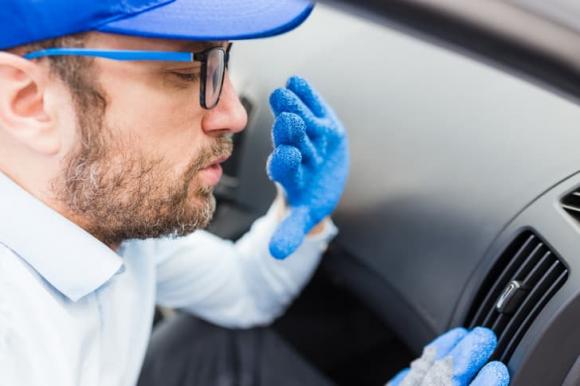
While many odors indicate minor issues, some can signal serious conditions that require immediate care from a professional. Different smells indicate different problems. Here are a few examples: the smell of rotten eggs signifies a catalytic converter problem; a burning smell means there is an electrical issue.
5. Stalling
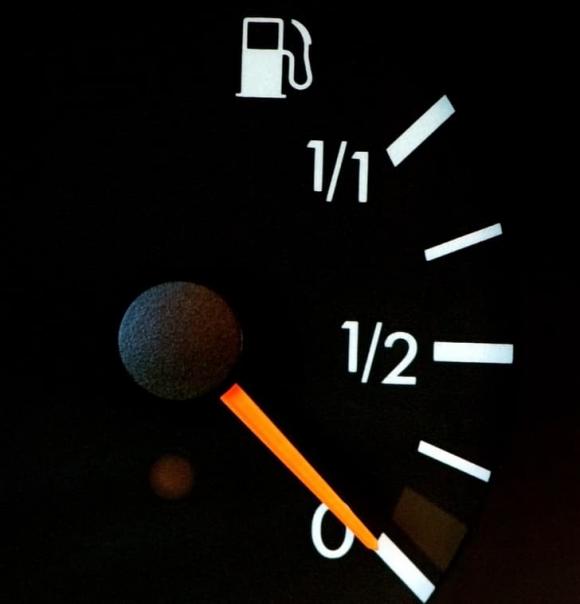
Stalling means that your car’s engine has stopped working due to a malfunction. The engine in your car is designed to operate on demand. If it is not running at full power, it may require a new spark plug or a fresh fuel filter, refilling the gas tank, replacing a dead battery, or something more serious.
6. Fluid Leaks Under Your Vehicle
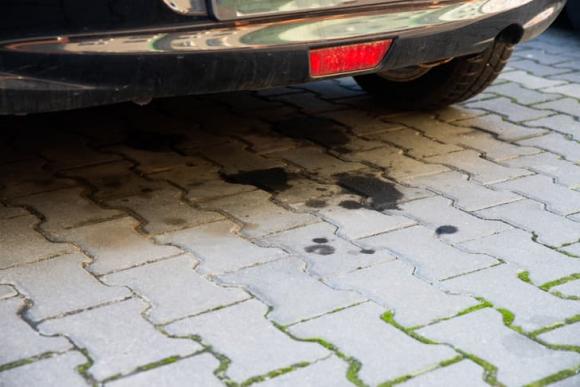
The fluids belong in your engine, not underneath your vehicle. You should regularly check under the vehicle for any signs of leaks. Oil leaks can lead to more serious issues down the line, such as engine damage, a faulty radiator, heating system, ventilation, and air conditioning. It can also accumulate and cause premature deterioration of gaskets and rubber hoses.
7. Soft or Noisy Brakes
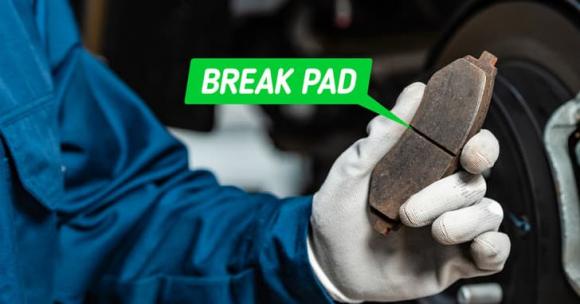
When you press the brakes, they should feel firm. If they feel soft or come with noise, it is a sign of weak brake pads or a rotating shaft or a caliper with issues. When you notice this issue, it’s best to visit a mechanic as soon as possible because the longer you wait, the more expensive the issue becomes. Moreover, it is not safe to drive with a faulty brake system.
8. Unusual Sounds
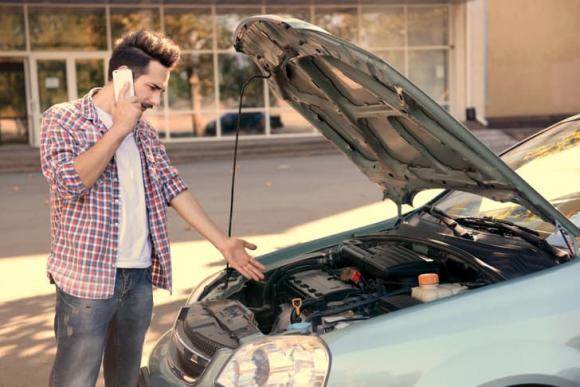
When you start your car, you notice unusual sounds like clanking, squeaking, or grinding noises. All of them are signs of an issue underneath the hood. If the noise becomes louder or the situation seems severe, safely pull over to the side and call for assistance. Remember the location, timing, and cause of the noise and inform the mechanic. It can help them identify the problem.
When to Service Your Vehicle
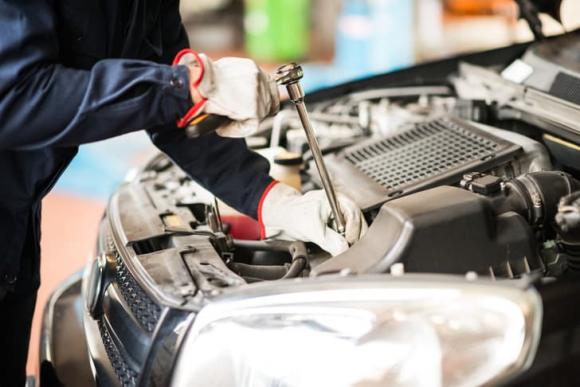
As a general rule, you should service your car once every 6 months to a year or when you have driven 10,000 km (6,213 miles). Vehicles that go through more intensive use should be serviced more frequently. Additionally, older cars should be serviced more regularly.
According to Bao Ve Cong Ly






































